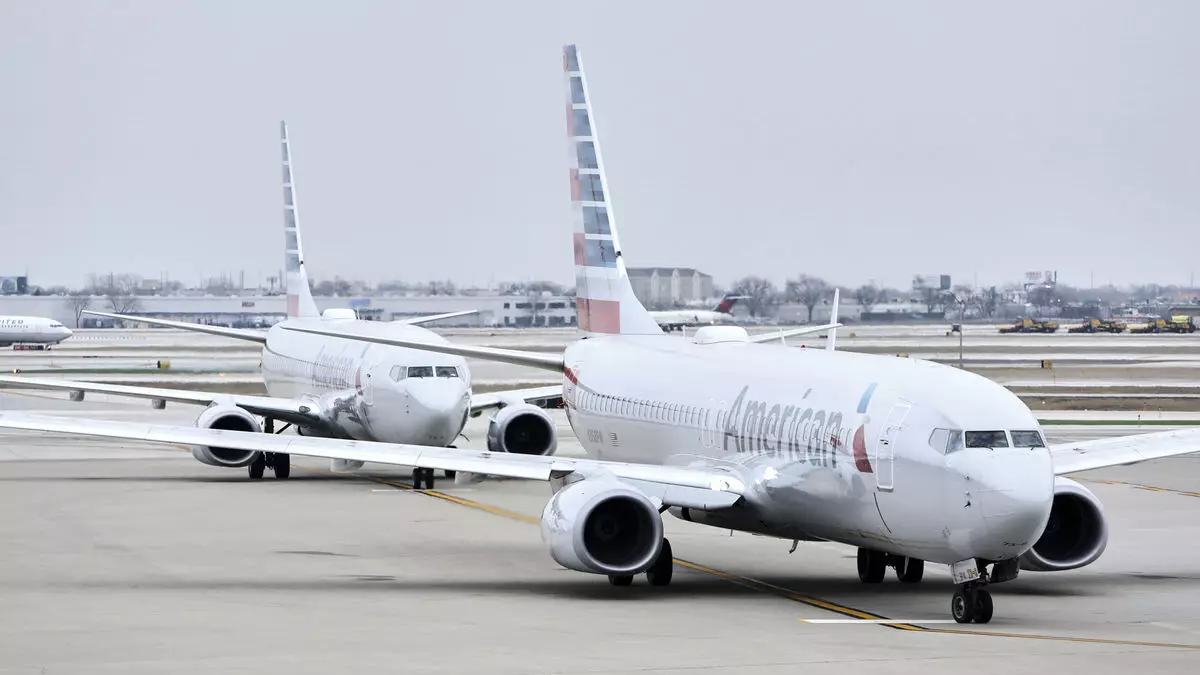American Airlines’ decision to revise its New Distribution Capability (NDC) strategy seems to be mirroring that of its competitor, United. The airline is now taking a lighter-touch approach towards travel agencies in an attempt to win back market share. This change in strategy includes returning most content to legacy systems, withholding only basic economy fares, introducing dynamically priced fares and ancillary content via NDC, and announcing 10% commissions for agency sales of NDC bundles. However, it remains to be seen how effective this new approach will be in regaining the trust and loyalty of travel agencies.
American Airlines’ new NDC strategy now aligns more closely with United’s approach, but it is still considered to be less aggressive. Unlike United, American is paying commissions on the sales of NDC bundles and ancillaries, which sets them apart in terms of incentivizing travel agencies. It is clear that American is trying to strike a balance between adopting NDC technology and maintaining relationships with travel agencies, especially after acknowledging the negative impact of its previous stick-based approach on market share.
The reversal of its punitive NDC strategy could potentially slow down the adoption of NDC technology among corporate travel agencies and Global Distribution Systems (GDSs). Cory Garner, a former NDC strategist at American, believes that the momentum for NDC adoption may decrease due to this strategic shift. This raises concerns about whether American’s decision to backtrack on its NDC goals will hinder the industry’s progress towards embracing digital retailing technology.
While opinions vary on the impact of American Airlines’ revised NDC strategy, industry experts like Steve Singh remain optimistic about the future of NDC adoption. Singh emphasizes the clear need and benefits of NDC technology, predicting that it will become the primary method of content distribution in the next five years. However, Garner is more skeptical, citing a lack of effectiveness in carrot-based strategies and emphasizing the role of more aggressive approaches in driving NDC integrations within the agency community.
One of the challenges posed by American’s course reversal is whether travel agencies that turned away from the airline will quickly return. The industry dynamics, existing alliances, and commission deals that agencies have negotiated with other airlines may complicate American’s efforts to regain market share. Additionally, the varying opinions on the impact of NDC adoption highlight the complexity of integrating new technology into the traditional airline distribution system.
American Airlines’ decision to revise its NDC strategy has significant implications for the airline industry and travel agencies. The balance between adopting innovative technology and maintaining relationships with agencies is crucial for the long-term success of NDC adoption. As the industry continues to navigate this transition, collaboration between airlines, agencies, and technology providers will be essential in driving innovation and shaping the future of air travel distribution.

